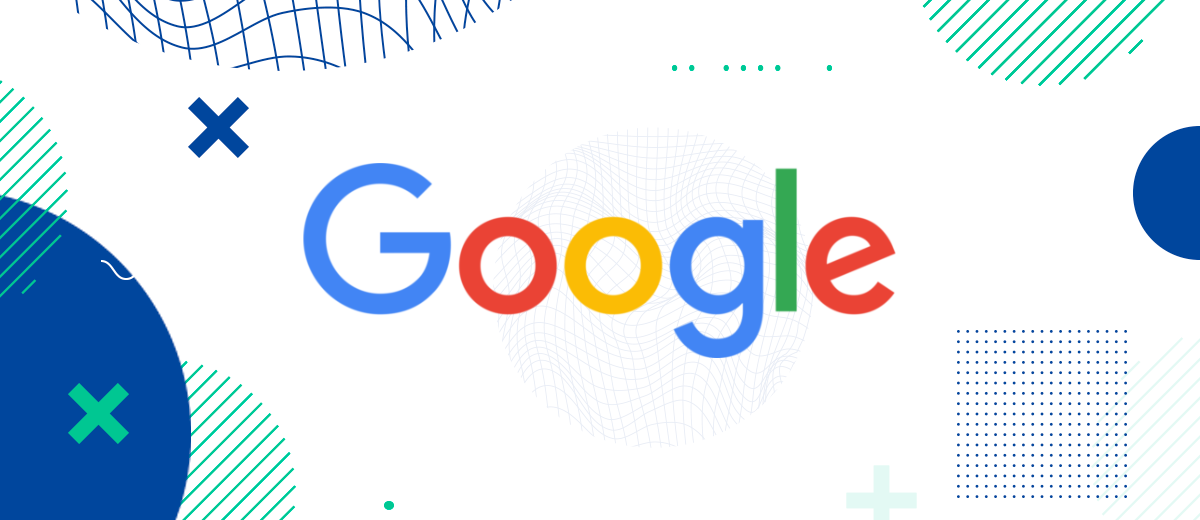From October 2022, the Google search engine will implement a new policy on advertising - to check it for compliance with approved standards.
From October of this year, Google will begin to impose new requirements for advertisements. The search engine will meticulously check landing pages for compliance with the "Better Advertising Standards" (a document developed by the Coalition for Better Ads after a survey of 40,000 Internet users from the US and European countries). Advertisers have already begun receiving email alerts about this. Although there is no exact date for the launch of the innovation, it is clear that they have approximately 3 weeks left to put their advertising in order.
Google will penalize violators by automatically disapproving ads that do not meet standards that contain intrusive ads. The advertiser will be able to find out about the sanction applied to him by looking at the report on the quality of advertising.
How to figure out if your ad violates accepted standards or is everything in order with it? Unwanted ads include the following types of ads and their characteristics:
- flickering image and animated picture;
- pop-up ad;
- autoplay video with spontaneous activation of the sound when the page is opened;
- ads that appear in the middle of viewing content;
- a large ad covering the content of the page;
- prestitial type ad (appears at the beginning of loading a web page and prevents access to it, forcing you to click on it);
- declaration of a postial type (starts a countdown counter and opens access to content only after the allotted time has elapsed);
- a large ad that constantly hangs in front of the visitor, despite the scrolling of the page;
- advertising density level - more than 30%.
Members of the Coalition for Better Ads believe that advertising can and should be useful and easy to navigate. Since the comfort of the Internet user is now a priority for Google, the search engine is stepping up the fight against intrusive and annoying ads.
To avoid sanctions from Google, advertisers can now independently check their ads and, if they find violations, edit them. Timely corrected ads will not be rejected.
